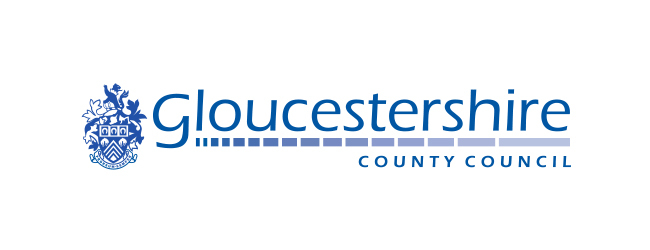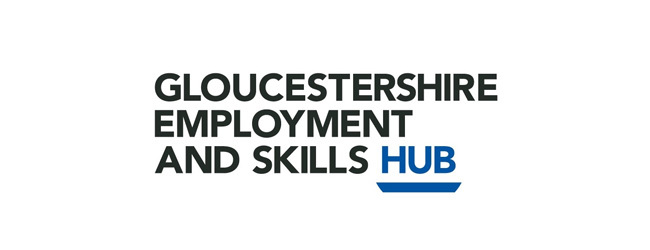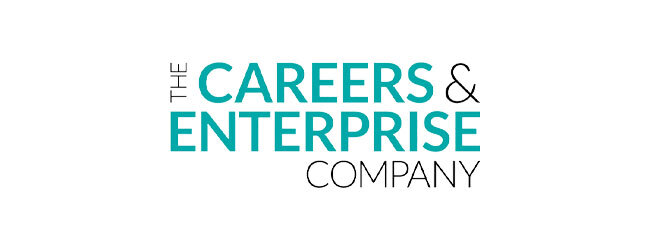Gatsby Benchmarks
The Gatsby Benchmarks provide a framework for educational institutions to deliver the best careers education possible within their school or college, underpinning the delivery of the Government Careers Strategy.
Benchmark 1: A stable career programme
- Every school and college should have a structured careers programme that has the backing of the senior leadership team.
- There should be an identified trained person responsible for it.
- It should be published on the school’s website and accessible to pupils, parents, teachers and employers.
- The programme should be evaluated with feedback from pupils, parents, teachers and employers.
Benchmark 2: Learning from labour market information
- By the age of 14, all pupils should have accessed and used information about career paths and the labour market to inform their own decisions on study options.
- Parents should be encouraged to access and use information about labour markets and future study options to inform their support to their children.
- An informed adviser can help them make the best use of available information.
Benchmark 3: Addressing the needs of every pupil
- Pupils have different career guidance needs at different stages. Opportunities for advice and support need to be tailored to the needs of each pupil. A school’s careers programme should embed equality and diversity considerations throughout.
- A school’s careers programme should actively seek to challenge stereotypical thinking and raise aspirations.
- Schools should keep systematic records of the individual advice given to each pupil, and subsequent agreed decisions. All pupils should have access to these records to support their career development.
- Schools should collect and retain accurate data for each pupil on their education, training or employment destinations for at least three years after they leave the school.
Benchmark 4: Linking curriculum learning to careers
- By the age of 14, every pupil should have had the opportunity to learn how the different STEM subjects help people to gain entry to, and be more effective workers within, a wide range of careers.
Benchmark 5: Encounters with employers and employees
- Every pupil should have multiple opportunities to learn from employers about work, employment and the skills that are valued in the workplace.
- Every year, from the age of 11, pupils should participate in at least one meaningful encounter*with an employer. A ‘meaningful encounter’ is one in which the student has an opportunity to learn about what work is like or what it takes to be successful in the workplace.
- This can be achieved through a range of enrichment activities including visiting speakers, mentoring and enterprise schemes.
Benchmark 6: Experience of workplaces
- By the age of 16, every pupil should have had at least one experience of a workplace, additional to any part-time jobs they may have.
- By the age of 18, every pupil should have had one further such experience, additional to any part-time jobs they may have.
Benchmark 7: Encounters with FE and HE
- By the age of 16, every pupil should have had a meaningful encounter* with providers of the full range of learning opportunities, including sixth forms, colleges, universities and apprenticeship providers. This should include the opportunity to meet both staff and pupils.
- By the age of 18, all pupils who are considering applying for university should have had at least two visits to universities to meet staff and pupils.
*A ‘meaningful encounter’ is one in which the student has an opportunity to explore what it is like to learn in that environment.
Benchmark 8: Personal Guidance
- Every pupil should have opportunities for guidance interviews with a Careers Adviser.




